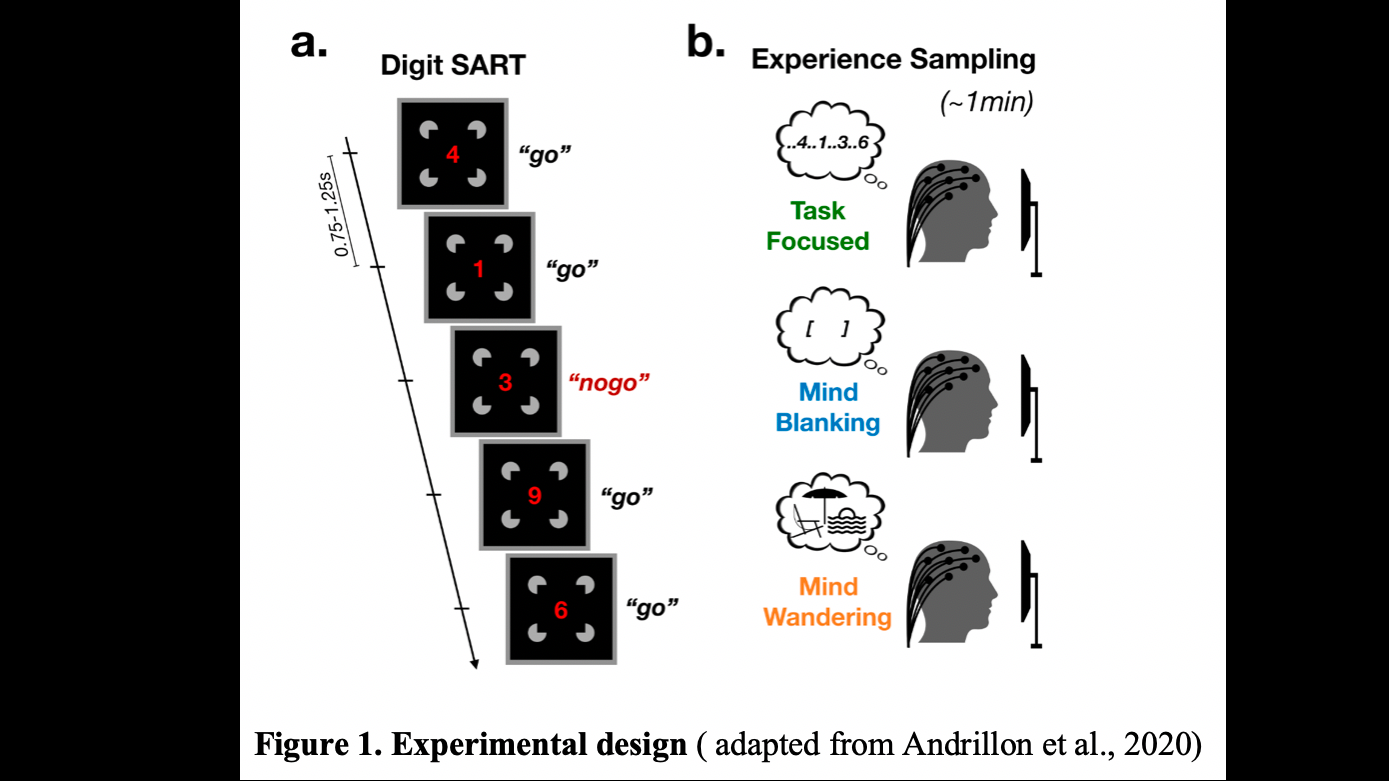Sleep is of vital importance for physical, psychological and cognitive health. Sleep deficiency increases the risk of errors and accidents. Human error due to sleep deficiency is the cause of about 60% of aviation accidents. This is crucial for space missions, considering that poor sleep and decreased attentional performance are commonly reported and may have tremendous consequences. A possible mechanism explaining why sleep deficiency causes attentional errors regards the intrusion of local sleep during wake. Local sleep can be defined by the brief and local appearance of events similar to sleep oscillations during wake. Indeed, studies have demonstrated that local sleep can account for a variety of attentional lapses, including slowed or impulsive responses, false alarms and omissions. Remarkably, recent research suggests that the location of local sleep intrusions is associated with different type of errors: sleep intrusions in the front of the brain are associated with increased false alarm rate, while sleep intrusions in the back of the brain are associated with omissions. While global sleep improvement would lead to general cognitive benefits, these differentiated results call for targeted interventions, tailored to the type of tasks at hand. In addition to being a non-invasive and portable way to improve sleep, Closed Loop Acoustic Stimulation (CLAS) requires little or no user intervention, making it ideal for demanding space flight missions. While there is strong evidence supporting the general benefits of CLAS on sleep quality and cognition, the potential specific effects of boosting sleep locally have never been investigated. Here we propose to use CLAS to boost sleep oscillations locally, either in the front or in the back of the brain, aiming to reduce the occurrence of false alarm or omission errors respectively. This innovative line of research could pave the way towards targeted cognitive interventions.

